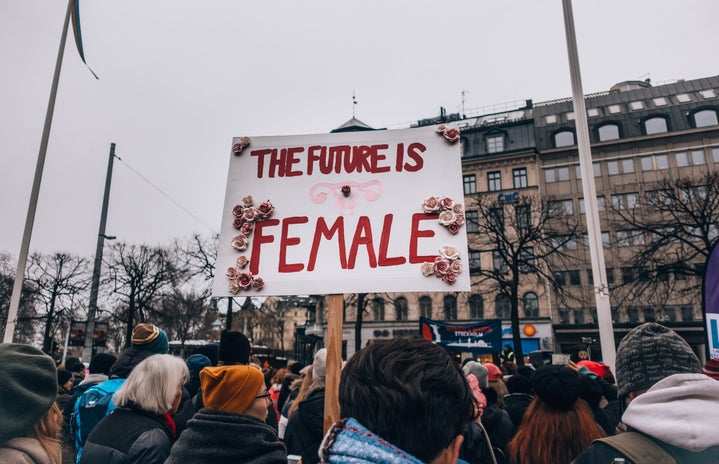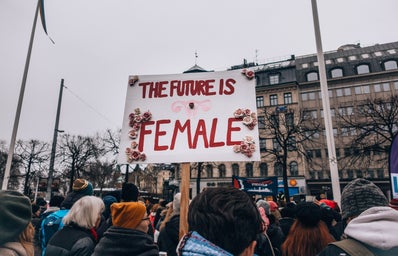Argentine activist Ofelia Fernández is no stranger to groundbreaking and record-setting actions.
At just 15, she was the youngest-ever student body president of her high school. At 17, she became an outspoken student protester. At 18, she joined thousands of other voices demanding lawmakers give women the right to choose. Now 19, Fernández has found her next undertaking: running for office.
If elected on October 27, the teenager could become the youngest member of the Buenos Aires legislature and the youngest lawmaker in Latin America.
Fernández’s campaign, much like her Twitter and Instagram, features an exciting zest of progressiveness and youth, setting her apart from the demographically older legislature. This has many comparing her to New York congresswoman Alexandria Ocasio-Cortez.
Fernández also uses gender-neutral pronouns in her campaign materials and frequently asserts that she does not want to be paid as much as other legislators.
Her interviews and rally appearances are no different. With a splash of bright clothing and dangly earrings, Fernández’s bubbly and youthful personality is unforgettable.
But Fernández does not like to just focus on her age. She wants to talk policy. Much like AOC, she is focused on bringing a feminist voice to the boys club of politics.
Fernández is taking her first steps into the political sphere as a candidate for the leftist coalition Frente de Todos (Front for All), which is led by Alberto Fernández and former President of Argentina, Cristina Fernández de Kirchner. Kirchner was the second woman to serve as president in the country, the first directly elected woman, and the first woman to be re-elected to the office.
In the logo of Frente de Todos, the second “o” in “todos” is replaced with a sun, taking away the inherently masculine nature of the word. This represents the anti-patriarchal culture that has been adopted by many young people in the country, including Fernández.
This new push for feminism has recently cropped up in Argentina in the past few years with the nascent of the grassroots feminist movement Ni Una Menos or Not One More Woman. Its demonstrations in Buenos Aires drew in many young feminists like Fernández as they covered issues of gender inequality like abortion, human trafficking, and femicide.
This past year, Fernández marched with thousands of other Argentine women for a bill that would legalize abortion in the largely Roman Catholic country. This bill was ultimately rejected in the Senate by a 38 to 31 vote – two months after Fernández delivered a speech to lawmakers – causing the generational rift between young women and politics to become even more noticeable.
Fernández’s campaign is an answer to that rift because while her election bid has received some backlash from traditionalists, her youthful energy is creating a huge appeal amongst teenage voters.
People between the ages of 18 and 24 comprise 22 percent of the Argentine electorate and recent polling found that the political landscape of these individuals is defined around the issues of gender violence, abortion, and racism. Fernández represents her generation’s desire to have a government answer to them, the people, not the looming power of big business.
Because for Fernández, feminism is about more than just women’s issues. It is about demanding policy that elevates the livelihood of the people in a country that is in the midst of a crippling economic crisis, one that the government is struggling to alleviate.
“There is a sensation of chaos, an uncertainty about the future, a feeling that this government is simply unable to keep up with the problems that it faces,” Fernández said in an interview with the Daily Hampshire Gazette.
Fernández, like many others her age, is tired of a failing government. As feminism and human rights become increasingly intersected with politics, Argentina can expect many more young candidates to enter the political sphere. Fernández’s campaign is just the beginning.
When Fernández votes in the general election for the first time, she will not only be casting the ballot for herself, but for every feminist in Argentina that has been silenced by an oppressive and failing government.
“We teach every day that even oppressions perpetrated over centuries can tremble in the heat of our strength,” Fernández wrote in Spanish on her Facebook page. “And from this fury we will teach to collapse everything, to be and do what we dream.”



